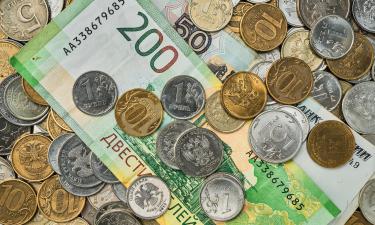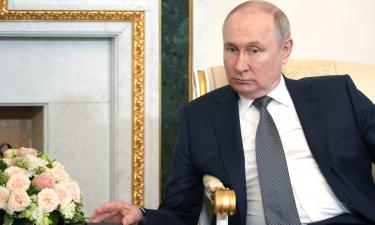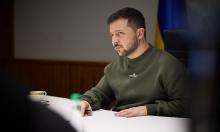Schroeder's party targets 'market radicalism' as it gears up for early election
German Chancellor Gerhard Schroeder's party took aim at the "market radicalism" of the conservative opposition Monday as it geared up for early national elections, signaling it will present itself as defending social programs and workers' rights.
Schroeder called for early elections Sunday after his Social Democrats suffered a stunning state election defeat in a traditional stronghold. He said voters' decision to end the party's 39-year grip on Germany's most populous state, North Rhine-Westphalia, had undermined the national mandate he needs to reform the struggling economy.
Party chairman Franz Muentefering said Schroeder plans to clear the way for new elections by holding a parliamentary confidence vote July 1 - setting the scene for the vote to be held by Sept. 18. The tactic was used by Schroeder's predecessor, Helmut Kohl, who forced elections in 1983 by calling a confidence vote in which his own supporters abstained.
Conservative leaders were readying their challenge for the elections, closing ranks around the leader of the main opposition Christian Democrats, Angela Merkel, as Schroeder's likely challenger.
While recent polls have shown a strong national lead for the Christian Democrats, the Social Democrats and their coalition partner, Foreign Minister Joschka Fischer's Greens, were confident of winning back voters.
"The aim is to make clear that we have to push through the reforms, for which the chancellor needs support," Klaus Uwe Benneter, the party's general secretary, told ZDF television.
"But we also have to show that what is at stake now is the social aspect of the market economy - this fall, we will have to conduct a debate between those want ... to push through market radicalism and those to whom protection from dismissal and worker participation in managing companies is important."
Schroeder, who took office in 1998 and narrowly won re-election in 2002, has pushed through limited trims in social welfare and unemployment benefits to reduce costs for business and spur growth. However, he has struggled to overcome resistance within his own party.
This year, he has proposed cutting Germany's corporate tax rate but rejected opposition calls to review laws that broadly protect German workers against firing.
Merkel said unemployment - currently running at 12 percent - and sluggish growth would be at the center of the opposition's campaign.
"This is about only one question - whom do people trust to change Germany's fate for the better again?" she said. "And on that front, we're really confident."
Merkel has called for giving companies more leeway in making pay deals with employees outside the one-size-fits-all contracts negotiated by German unions. Still, opposition members bickered openly last year about how they would reform social programs if elected.
Frankfurt's DAX index of blue chip stocks was up more than a half percentage point Monday, and the head of the German Chamber of Industry and Commerce welcomed the prospect of early elections.
"Germany cannot afford to spend its time in tortuous discussions until the end of next year," Ludwig Georg Braun told the Berliner Zeitung daily.
Schroeder's spokesman, Bela Anda, said the chancellor would meet with President Horst Koehler late Monday to discuss holding new elections and also planned to consult with opposition leaders.
The Christian Democrats, Kohl's party, appeared set to nominate Merkel to challenge Schroeder - giving her the chance to become Germany's first female chancellor.
"Our candidate is Angela Merkel," Roland Koch, the Christian Democratic governor of Hesse state and long viewed as a rival to Merkel, told reporters. "I don't know anyone in the Christian Democrats who is of a different opinion."
Koch said he was optimistic that members of the Christian Social Union sister party in Bavaria also would back Merkel, a former East German, with a formal decision set for next Monday.
GEIR MOULSON, Associated Press Writer
Subscribe to Pravda.Ru Telegram channel, Facebook, RSS!





